Change of Art Style: Photorealistic
this week’s focus was shifting from the stylized low poly art style to a photorealistic one. I’ve been testing this art style silently for several weeks now and finally managed to get all the mandatory systems in place to make a proper assessment if photorealistic graphics can be combined with the massive amount of procedural generation in the game. There was a massive Unity sale coming to an end before I could fully assess the performance but I still went on a shopping spree to get a good amount of new photorealistic assets for furniture, buildings, items, vegetation and the character. This wasn’t without risk but the money that I could save if it does indeed work out with the photorealistic graphics was worth taking that risk. Combined with quite a few photorealistic assets I already acquired over the years I have almost all the necessary models to cover the essentials for the shift to photorealism. I’m super excited to make this shift since it has been a dream that I thought would never be possible when I started working on the project over 3 years ago. Up until now doing any testing with photorealistic models would not have been very helpful since in order to know how much processing power you can put into the graphics the majority of core systems needed to be implemented to a certain degree. This has always been the reason for the low poly art style approach which ensured the maximum processing power can be provided to the generation and management of the world. Thinking about better graphics was never really in the cards until now since I wasn’t even sure about being able to implement all the goals and ideas I had for the generation. So far the performance looks very promising and is only slightly worse than the low poly art style has been. This added performance impact is of course expected but with additional performance optimization systems that are planned I have the confidence that it will suffice to keep the game at an acceptable performance. The major performance impact will be the vegetation rendering. I believe it will be worth making certain trade-offs such as reducing the amount of different plants and grass in order to stay within the target performance if that means photorealism is possible. In order to ensure I stay on top of the performance I will likely be moving the timeline for certain performance optimization systems forward. So far with a few already implemented performance optimization systems (distance culling, dynamic occlusion culling, minimal LODs) I get about the same framerate on my computer as before. I will prepare a dedicated tech demo soon to make sure this is true for others as well.
A big portion of the art style shift went into getting familiar with those new models before integrating them into the game. For example I decided to spend a bit of extra time to familiarize myself with a vegetation rendering system I acquired a while back that allows fairly easy implementation of seasons and other environmental conditions such as wind. Since I was replacing all the old vegetation models and shaders with completely new ones and have planned seasons and other very gameplay relevant weather conditions it was most efficient to implement them directly with the new rendering system so I don’t need to update them again in the future.
Lastly I did spend a little bit of time on the implementation of the drawer/door drag to push/pull interaction. It’s not done yet so I will have to come back to it in one of the coming weeks.
Notable tasks this week:
Acquired & integrated new photorealistic assets
Changed the game’s art style to photorealism
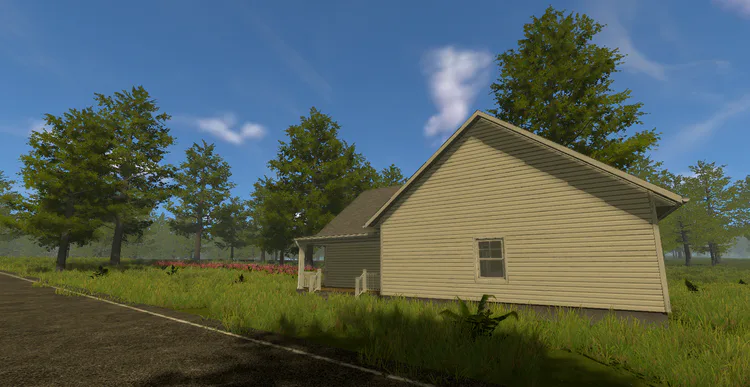
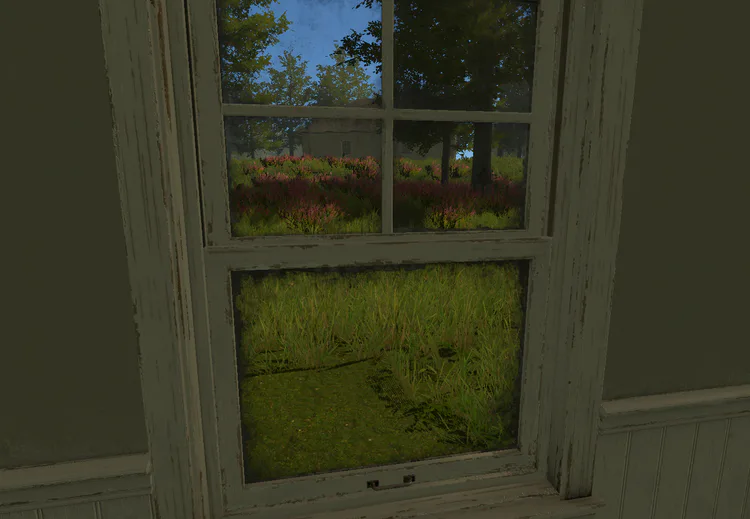
Learned and integrated new vegetation rendering system (enables seasons, wind, snow and more)
Started implementation of drag to pull/push interactions for drawers & doors
Various small improvements & bug fixes
Wishlist on Steam
Join the Discord
That’s all I got this week. I hope you are all doing well.
Stay safe out there and I’ll see you next week.
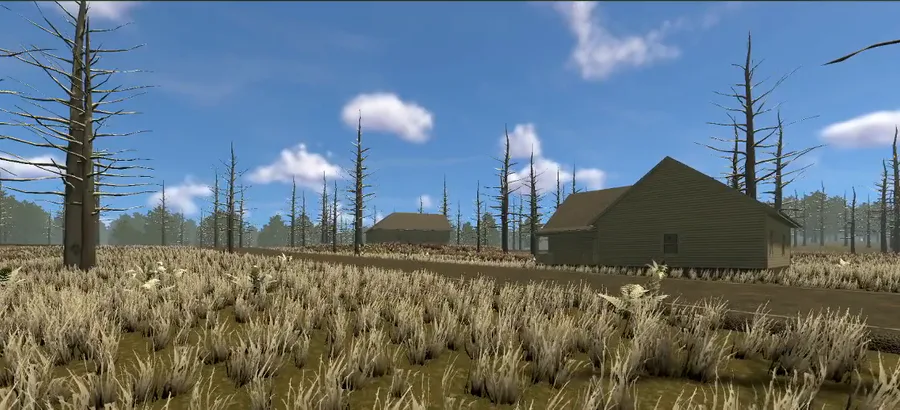

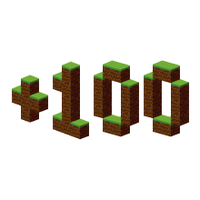

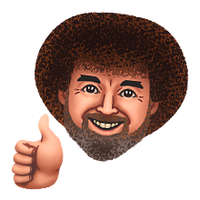
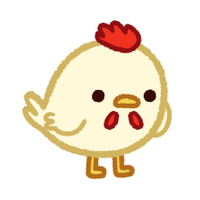
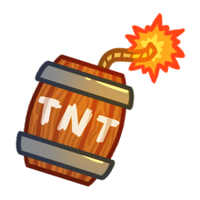
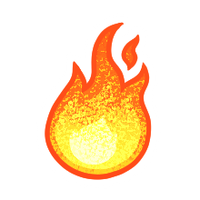

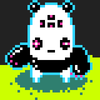


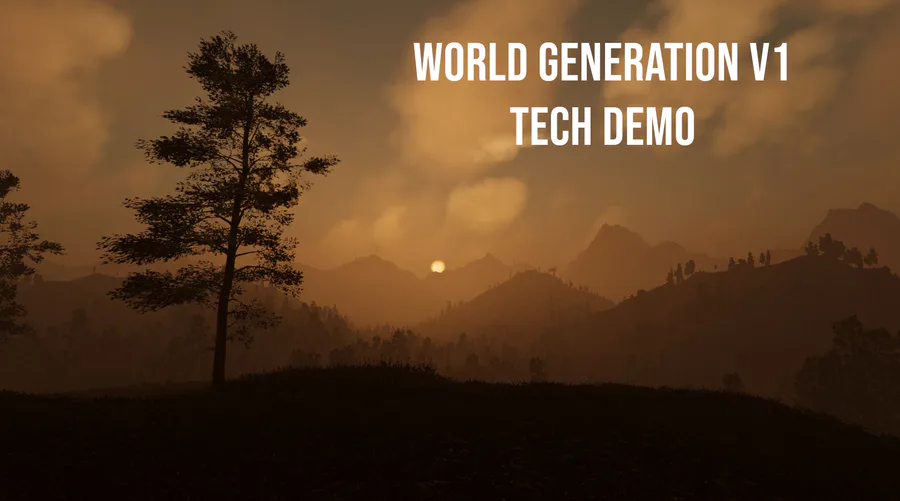


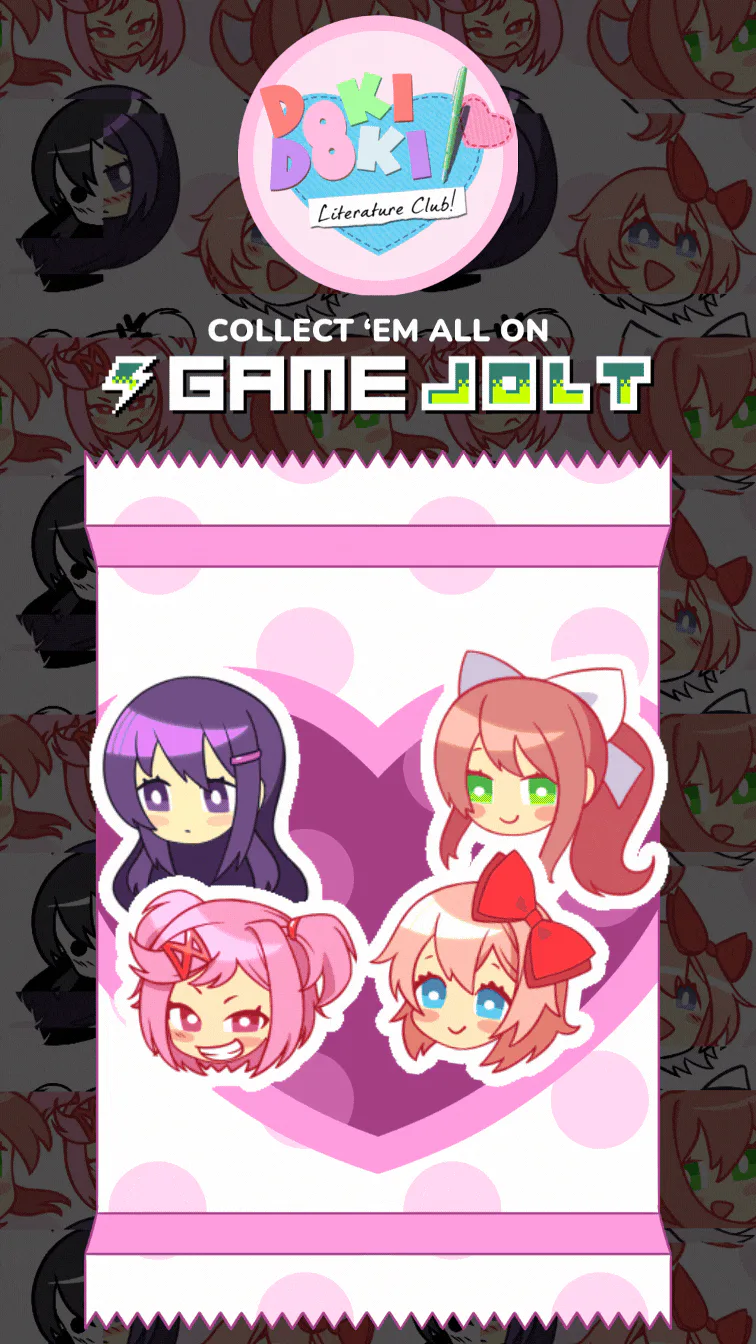
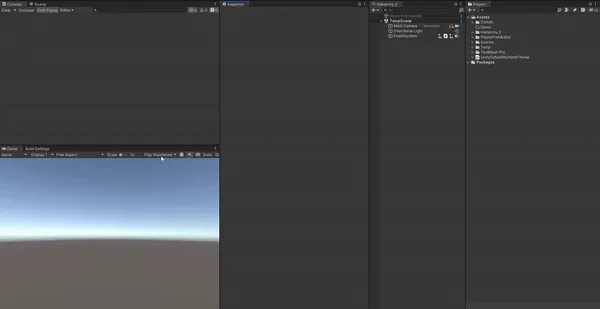
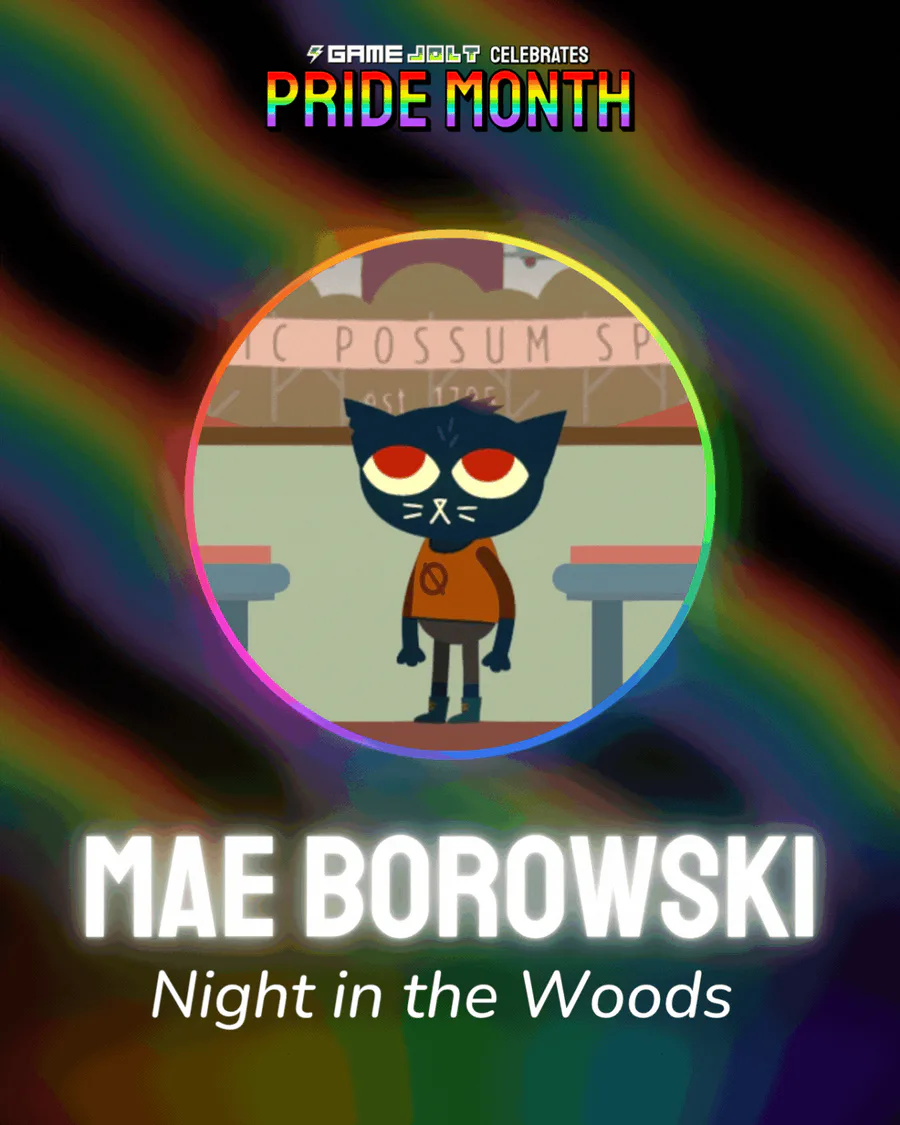
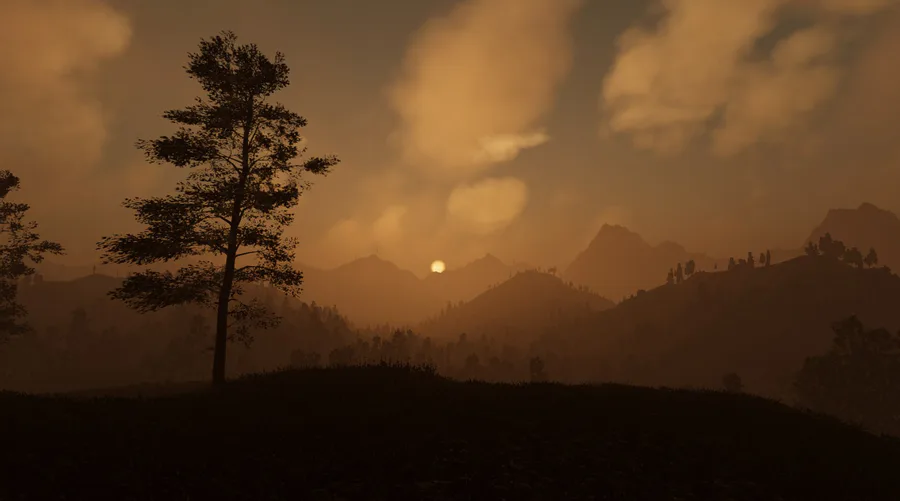

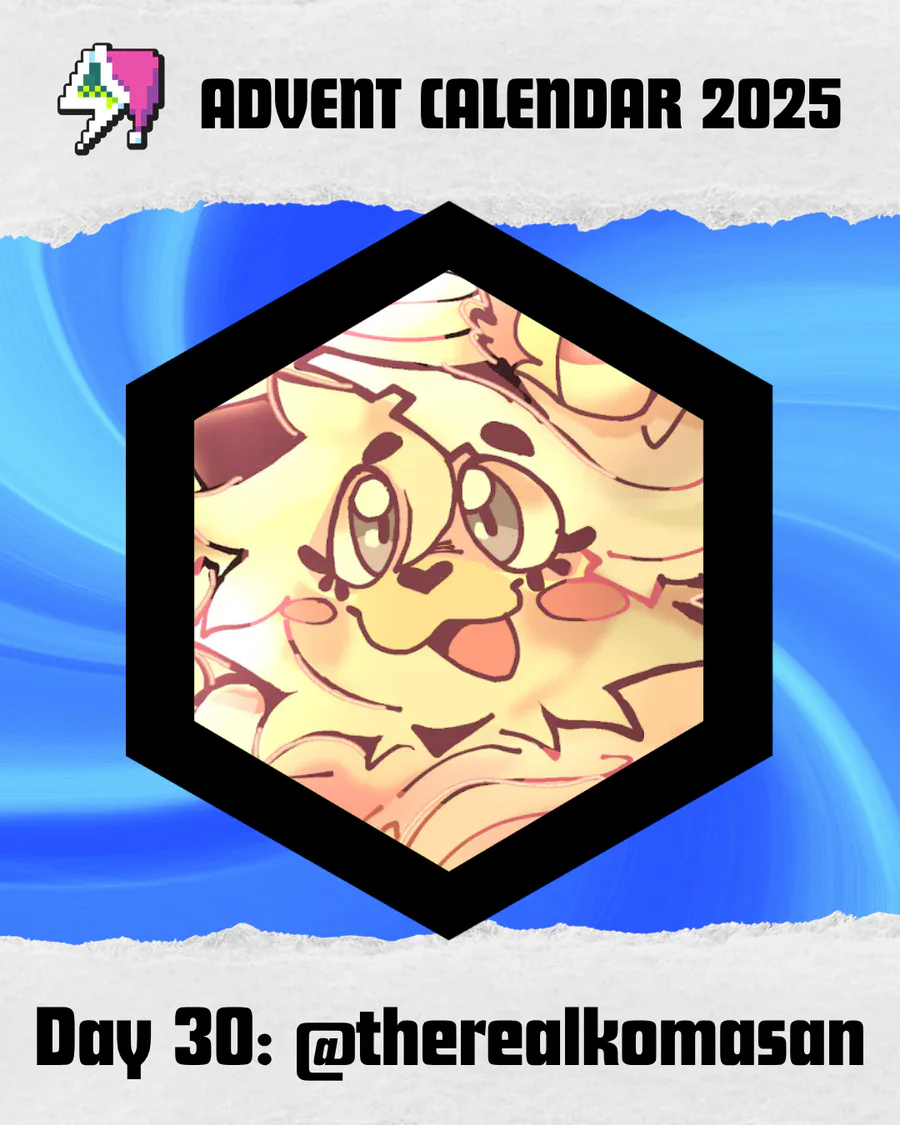
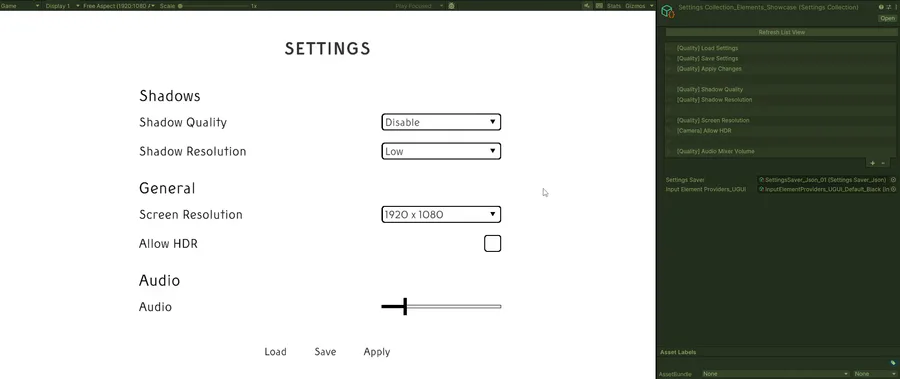
2 comments